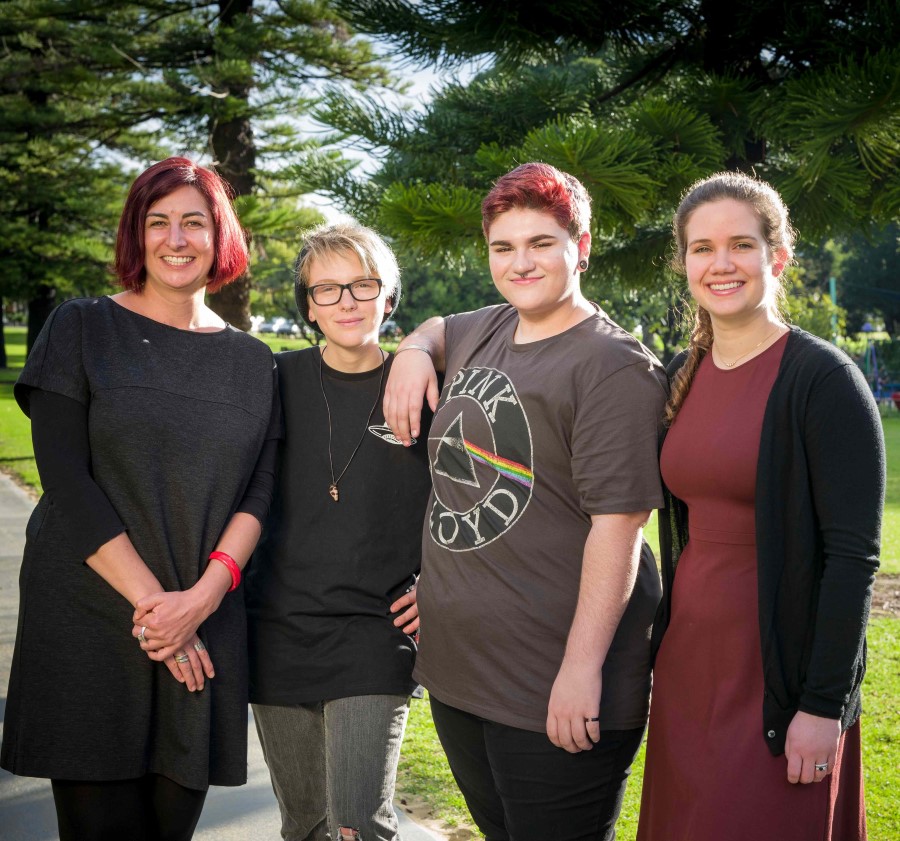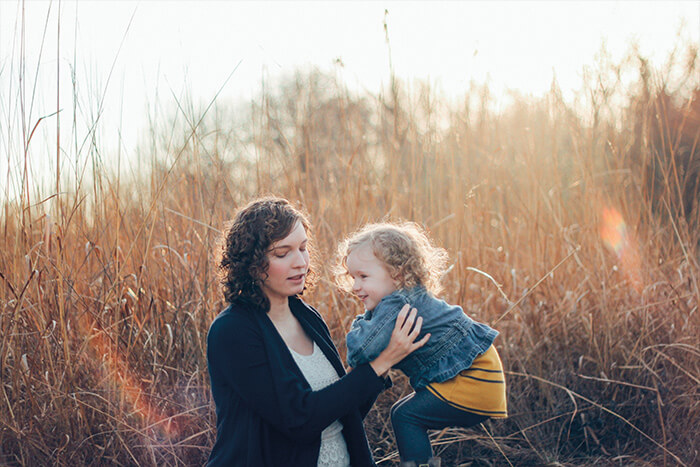Search
Research
The mental health and wellbeing of adolescents on remand in AustraliaTo compare the nature & prevalence of mental health problems, prevalence of suicidal ideation & behaviour, & health-related quality of life of 13-17-year-olds..
Research
Vaccinating young adults against HPV: the importance of understanding health decision-making and behaviourVaccination of young teenage females against human papillomavirus (HPV) with a newly licenced quadrivalent vaccine designed to prevent cervical cancer and...

News & Events
Trans Pathways provides evidence base to improve mental health of Trans YouthA ground-breaking survey by The Kids researchers has become the new reference point to guide policy change and educate health providers to better support trans and gender-diverse youth in Australia.

News & Events
Directing immune development to curb sky-rocketing diseaseOnce upon a time it was infectious diseases like polio, measles or tuberculosis that most worried parents. With these threats now largely under control, parents face a new challenge – sky-rocketing rates of non-infectious diseases such as asthma, allergies and autism.

News & Events
Trans young people can benefit from puberty suppressionA major review by WA researchers has found medication used to suppress puberty can improve the mental health of young people who are trans or gender diverse.
Research
Young adult reflections on life experiences following preterm birth: a cross-sectional descriptive studyIncreasingly, preterm-born children are entering adulthood as survival at earlier gestational ages improves. However, there is little understanding of the lived experience in preterm-born adults.
Research
The use of psychotropic medications in autistic individuals (21 years and younger) in Western Australia: A preliminary investigationPrescriptions and use of medications to treat mental health conditions in young autistic populations are inconsistent worldwide. This makes it hard to compare findings from international studies to the Australian autistic population, where there are limited relevant studies. Apart from risperidone, there are no other medications specified for direct use in autistic persons. This study aims to gain initial broad understanding of the use of medications, commonly prescribed for mental health conditions, specifically by autistics under the age of 21 years.
Research
Perceptions of a family-based lifestyle intervention for children with overweight and obesity: a qualitative study on sustainability, self-regulation, and program optimizationFamily-based lifestyle interventions (FBLIs) are an important method for treating childhood weight problems. Despite being recognized as an effective intervention method, the optimal structure of these interventions for children’s overweight and obesity has yet to be determined.
Research
The impact of child maltreatment on the risk of deliberate self-harm among adolescents: A population-wide cohort study using linked administrative recordsThis study calls for the early identification of children who are vulnerable to maltreatment, the better identification of the duration and severity of maltreatment experiences, and the provision of continued care and support, to reduce the child's deliberate self harm risk in adolescence.
Research
Health of adolescent refugees resettling in high-income countriesEarly identification and management of the healthcare issues faced by adolescent refugees resettling in countries are key to improving long-term health outcomes
